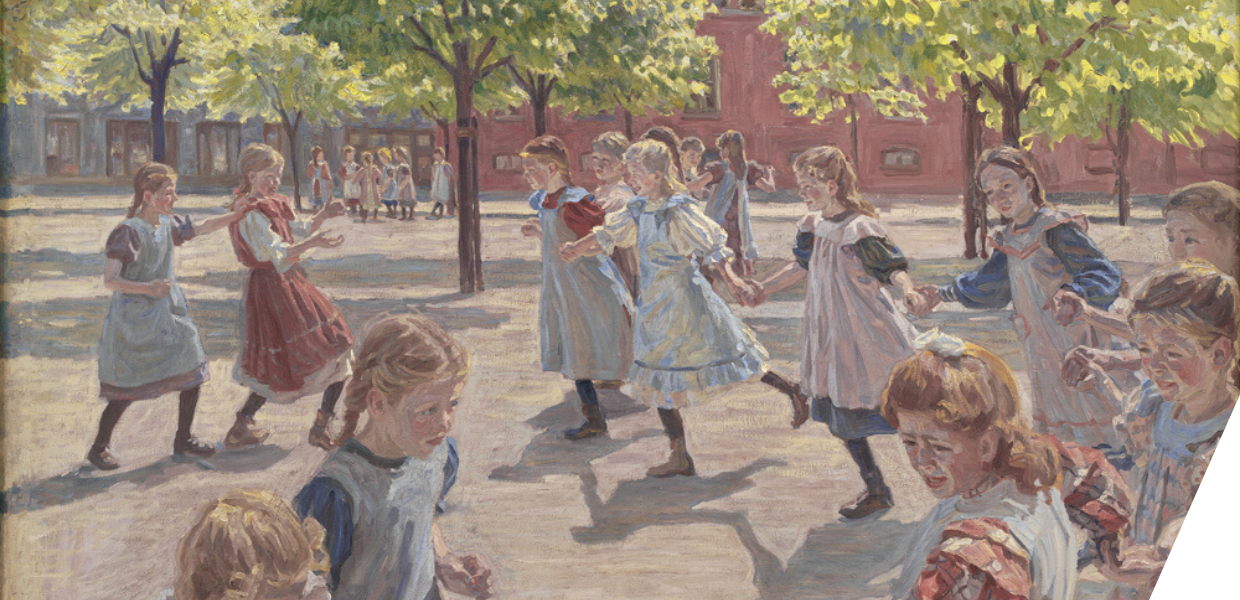Key challenges
The reflection started with a simple, yet encouraging, recognition: we have come a long way. Tools and platforms have improved so much in the last two years, along with our users’ (teachers’ and students’) confidence on how to engage with digitised historical content. At the same time, the forced acceleration of the digitisation of content demanded by the pandemic exacerbated two key challenges.
First and foremost: the wealth of content that is available online makes it hard for cultural heritage institutes to stand out in the crowd. They have to offer the exact content that teachers and students need, and to know what this content is, they need access to students and teachers. In the pre-pandemic period, this was easy: they could go into the community, travelling to host focus groups / labs / workshops to learn more about their desires and offer tailored services.
Secondly: content’s accessibility. Several cultural heritage institutions that we spoke with underlined how the digitisation of content has made it harder to navigate copyright restrictions, which are often exacerbated when it comes to the right to access to content of other countries.
'I wish we could stop keeping our content in a vault, starting to actively engage with it and share it,' said one of the participants to our focus groups.
Dreaming big
After discussing these challenges, we moved on to what was arguably the most fun part of the reflection: dreaming big. We asked ourselves: 'if time and money were not an issue, what would the ideal eLearning Platform look like?' And what great ideas we had! To the group, the ideal eLearning Platform is (among others):
Designed in collaboration with the end-user (teachers, students, cultural heritage institutes) to make sure that it is not only easy and fast to use, but also fun to engage with.
Trustworthy, in that it presents content that is of the highest quality, always up-to-date, and that users are sure can be used for educational purposes and shared.
Interactive, in that it allows for teachers to interact with students, for students to interact with each other, and for cultural heritage institutes to engage with teachers and students to better understand their needs.
Multilingual. It will not come as a surprise that language is one of the biggest challenges faced by the cultural heritage institutes we have spoken with. On the one hand, local cultural heritage institutions lack the funding and capacity to translate their content in other languages. On the other, teachers and students often require content to be made available in their own languages, and thus have trouble accessing international sources. A multilingual platform would help all stakeholders gain better reach and access to content.
The reflection concluded with a presentation of the eLearning platform Historiana, and specifically of the partner pages that can be used by cultural heritage institutes to share their own content on it. These allow cultural heritage institutes to upload their own digitised content in the form of curated source collections, as well as to develop eLearning Activities that teachers and students from across Europe can engage with the content.
Get involved
To help cultural heritage institutes, EuroClio is currently planning several online ‘co-creation meetings’, where our Content and Teaching and Learning Teams will guide participants through the process of curating high quality source collections based on teachers’ demand, and design engaging eLearning Activities. The co-creation meetings will take place in the late spring, and last through the summer.
Help us make the partner pages better! EuroClio is committed to further improve Historiana’s partner pages, based on the suggestions received by cultural heritage institutes. If you have missed the last focus groups, but would like to know more about the partner pages and to let us know more about your own challenges, needs, and dreams, please reach out to Alice Modena at [email protected].
Join us at the co-creation meetings! If you would like to join the co-creation meetings, or to receive more information about them, please reach out to Alice Modena at [email protected]. We are currently defining the format and the programme, and would really like to prepare something that is tailored to your needs, so please, let us know: what would be most beneficial for you? How can we at EuroClio help you further engage with teachers and students? Take part to let us know!


